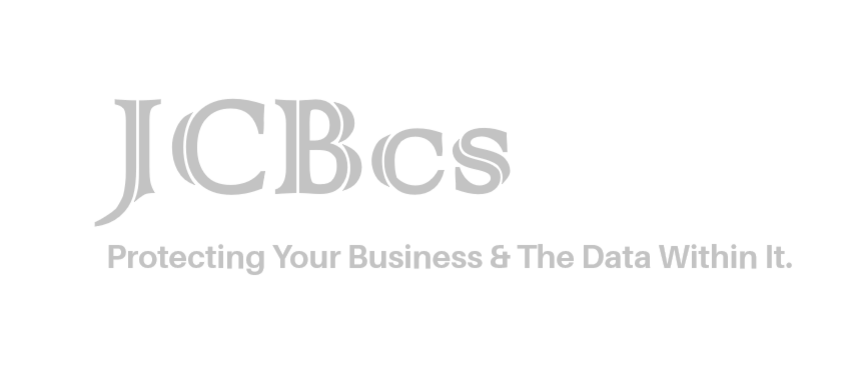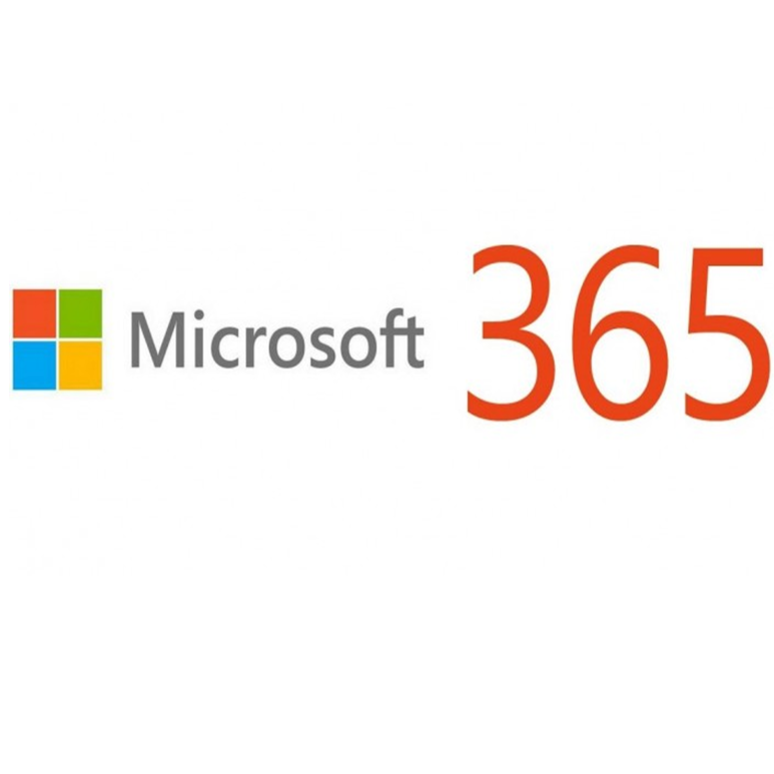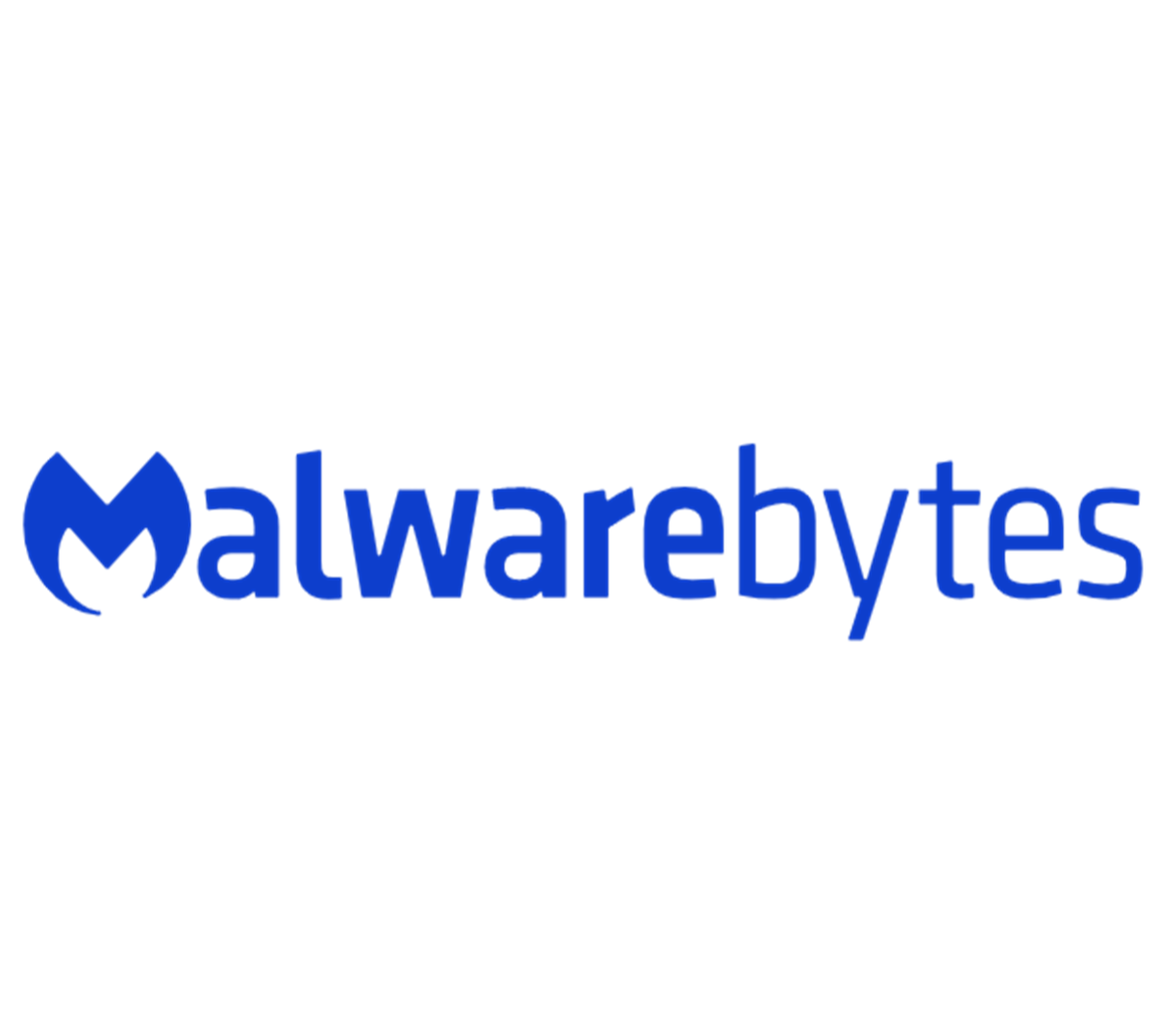What is in a Scam
Posted on 15th October 2020 at 16:55

It will not have escaped your notice that the threat from Cyber Crime has grown considerably over the last few years and more recently in the Covid19 pandemic where the number of scams has soared.
We hear the phrase it is a scam, don’t get caught by a scam, they lost a fortune in a scam and how can they scam me like that I have lost a fortune.
What is a scam
First, we must take note of the following points: -
Cyber Crime is a business, and it wants to make profit.
It is not personal you are just an unwilling customer.
The money made from Cyber Crime can support organised crime.
In very simple terms a scam is something that gets you to do something that you would not normally do to steal something away from you: -
Information
Money
Data
The types of Scam
There are many types of scam that are designed to confuse you and in very simple terms get you to act in a way you would not normally.
These include: -
Identity fraud
By stealing your identity fraudsters will be able to obtain credit, goods, or services in your name that they will never pay back.
Online shopping
Websites that provide copy genuine sites, selling dangerous, non-existent, or fraudulent products.
Dating
Offering a relationship which normally involves grooming to steal money and/or expensive gifts from unsuspecting victims.
Holiday
Hijacking genuine websites and pretending to be able to offer holidays at specific hotels or venues which do not exist.
Ticketing
Pretending to have concert or event tickets that they do not have to sell.
Text
Try to get you to call expensive numbers to claim your prize
Enter a competition where the text costs serious money.
Email
You have won a prize – send money to claim.
Your bank account has been compromised.
Buy this product it’s an incredible offer.
You have won the lottery – which you did not enter
A Nigerian prince (other nationalities are available) wants to leave you money – just send a release fee.
The Consequences of a scam
Whilst it can be amusing to read some of the email scams and the fact that a Nigerian prince wishes to send you a fortune, there is a deeply sinister and worrying undercurrent to all of these scams which is that they want to steal from you.
If your identity is stolen the debts run up in your name will destroy your credit rating and may stop you obtaining your dream home, new car or obtaining finance and recovering your identity and credit rating can take years to be recovered.
Being caught by or responding to a scam tells Cyber Criminals that your email account or phone number is valid, and you will be added to the suckers list and your details sold to other Cyber Criminals who will then mass target you with even more scams.
Sharing your personal details will give away niche details that can be used to scam you more successfully as they appear to know you or steal your identity for their benefit.
Malware may be installed on your computer allowing Cyber Criminals to be able to either pretend to be you to obtain goods or services in your name or from your friends, family, or co-workers.
A very underestimated consequence is the damage to our mental health and many victims of scams become withdrawn, feel stupid or lose confidence in themselves and some may even pay take their own lives.
How to avoid a scam
Be alert to the fact that scams exist.
Know who you're dealing with – Call them back using genuine details you already have.
Don’t be afraid to ask questions – Genuine companies won’t mind.
Do not open suspicious texts, pop-up windows or click on links or attachments – These can carry malware.
Don't respond to phone calls about your computer asking for remote access – No one will know your computer has issues unless you called them and told them or you pay them.
Keep your personal details secure – never share with anyone you don’t know.
Keep your mobile devices and computers secure – update everything regularly and use security software.
Choose your passwords carefully – PASSWORD123 or similar simple personal passwords aren't suitable.
Review your privacy and security settings on social media – don’t over share.
Beware of any requests for your details or money – Your bank will not do this.
Be wary of unusual payment requests – Companies won’t normally ask for money out of the blue.
Be careful when shopping online – use genuine secure sites.
Our Solution...
At JCBcs we recommend our Cyber Awareness Training which is suitable for all and will identify any cyber vulnerabilities that you may have.
Our Cyber Awareness Training is part of or our comprehensive GDPR/Cyber Consultancy which ensures that your business follows a correct & tailored Compliance Journey keeping you safe from Cyber Crime.
GIVE US A SHOUT
Use the form below to drop us an email. Old-Fashioned phone calls work to ~ 02890 022344
Tagged as: Avoid Cyber Criminals, Cyber Awareness Training, Scam, Stealing from you, Telephone scams
Share this post:












